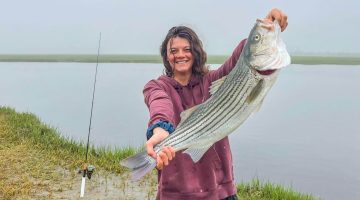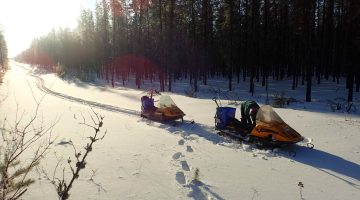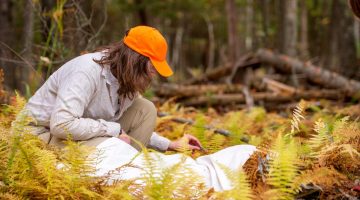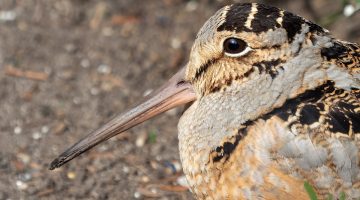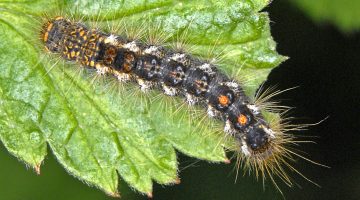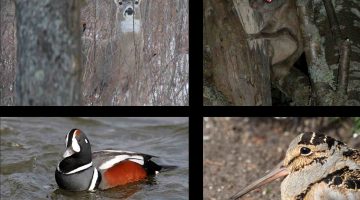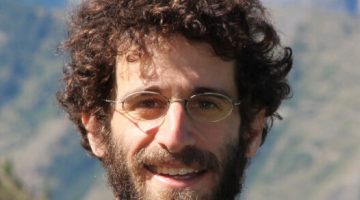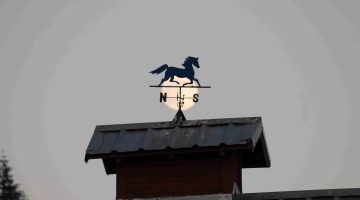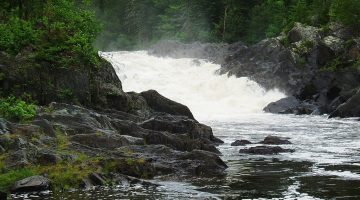MAFES is front and center in close-up look at the UMaine student experience in ‘Life of the Pines’ Season 2
Discover campus and coastal life at the University of Maine through “Life in the Pines,” where real students share their experiences studying, exploring nature and embracing community on both the Orono and Machias campuses. “Life in the Pines,” an unscripted video series sharing stories of students at the University of Maine and University of Maine […]
Read more

